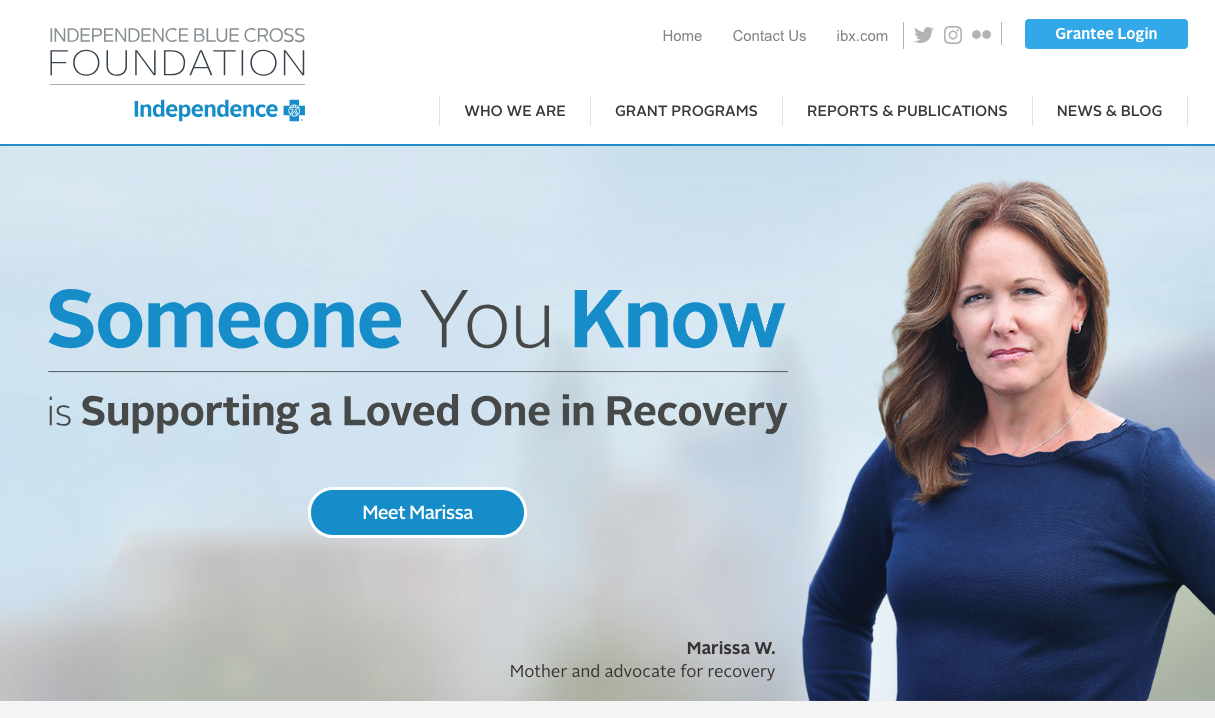How a Health Legacy Funder is Addressing the Addiction Crisis in Spokane
/PHOTO: fizkes/SHUTTERSTOCK
Foundations focused on health equity can approach this area in a variety of ways to target the most pressing needs of their own communities.
One interesting example of this is the Empire Health Foundation (EHF), a health legacy funder in Spokane, Washington, that’s been part of the local grantmaking scene since 2008. EHF made a commitment to health equity in Eastern Washington recently and has been on a journey to learn about how to best eliminate disparities from the local community. From these conversations, a couple of issues that have emerged as top priorities in the region are obesity and addiction.
But rather than funding traditional treatment and counseling programs to fight the opioid epidemic at the local level, EHF has been looking towards preventive strategies in unique ways. The president of EHF, Antony Chiang, has expressed an interest in tackling the foster care system as a way to prevent behavioral health problems and keep kids out of hospitals and treatment centers in the future. It’s no secret that kids that come from foster care situations are more likely to experience addiction, homelessness, low academic achievement, trouble with the law, and a range of health problems. Statistics show that foster children are actually about five times more likely to engage in drug abuse.
Accordingly, EHF has put at least $5.5 million towards a pilot program called Rising Strong, which included buying a building and turning it into a dormitory for struggling families to stay together. The program has been helping former addicts get reunited with children who have been taken from them and placed in foster care. Instead of simply paying for addiction treatments for parents, this local program (which has had success in Oregon) is aiming to keep addicts’ kids out of the foster care system and potentially save communities substantial homelessness and incarceration-related costs.
One Washington-focused study found that the state can save over $21,000 per child per year when kids in foster care are reunited with their biological parents. Spokane County sends more children into foster care than anywhere else in Washington besides Pierce County, and the bulk of these removals are due to addiction.
Keeping families together is a big priority for EHF right now, but it’s not the only philanthropic endeavor the organization is pursuing. The funder’s “improving health outcomes” focus involves childhood obesity and also reducing health disparities among elders. Its “strengthening health systems” focus targets affordable and accessible care, while its “growing physician supply” focus addresses the physician shortage in the region. EHF is also trying to boost nonprofits’ capacity in Eastern Washington by doing outreach to secure funding from donors outside the region.
EHF serves seven counties and three tribes in the northeastern region of Washington. Learn more here about how it is approaching health equity in this part of the Pacific Northwest.
Related:






















